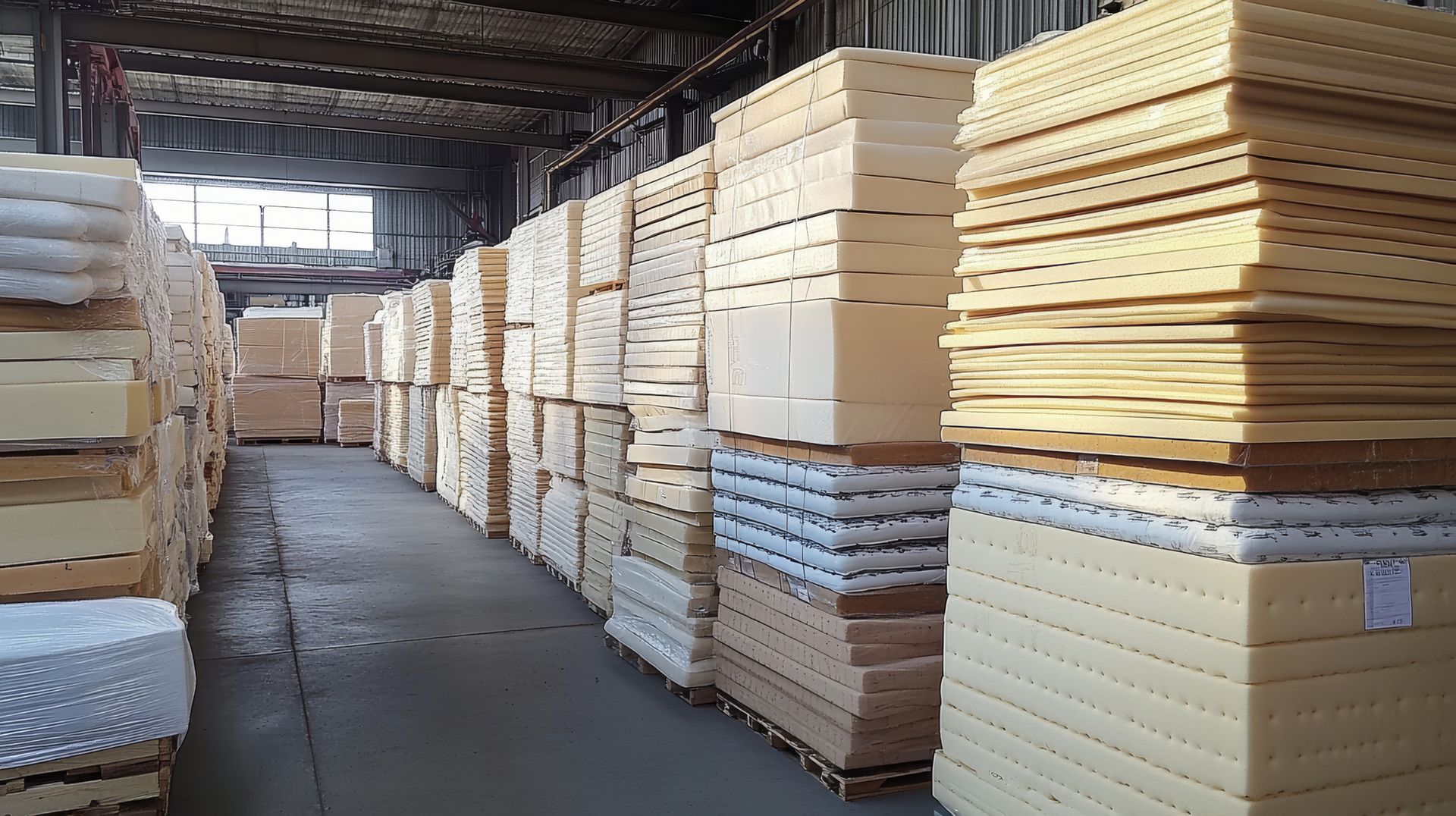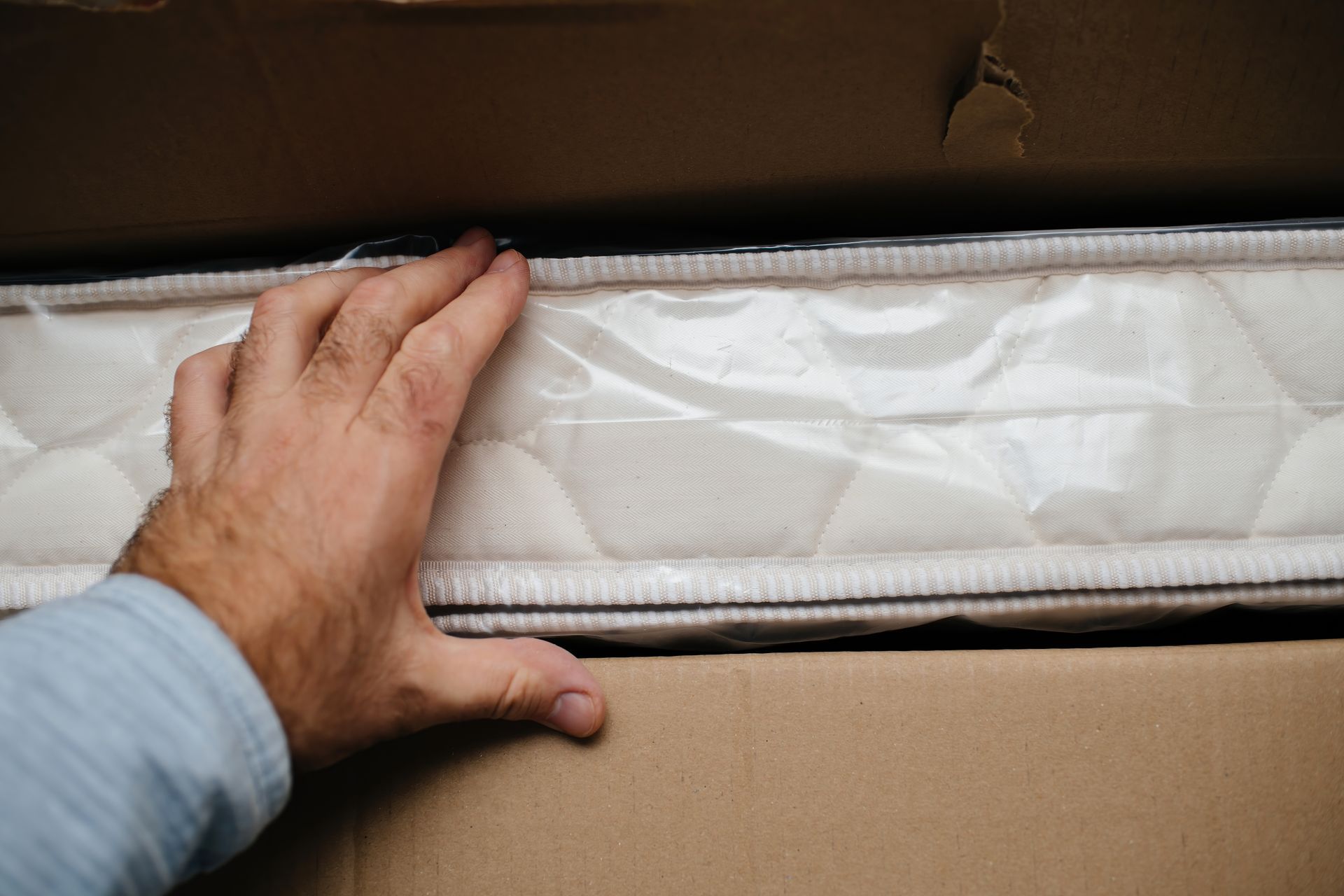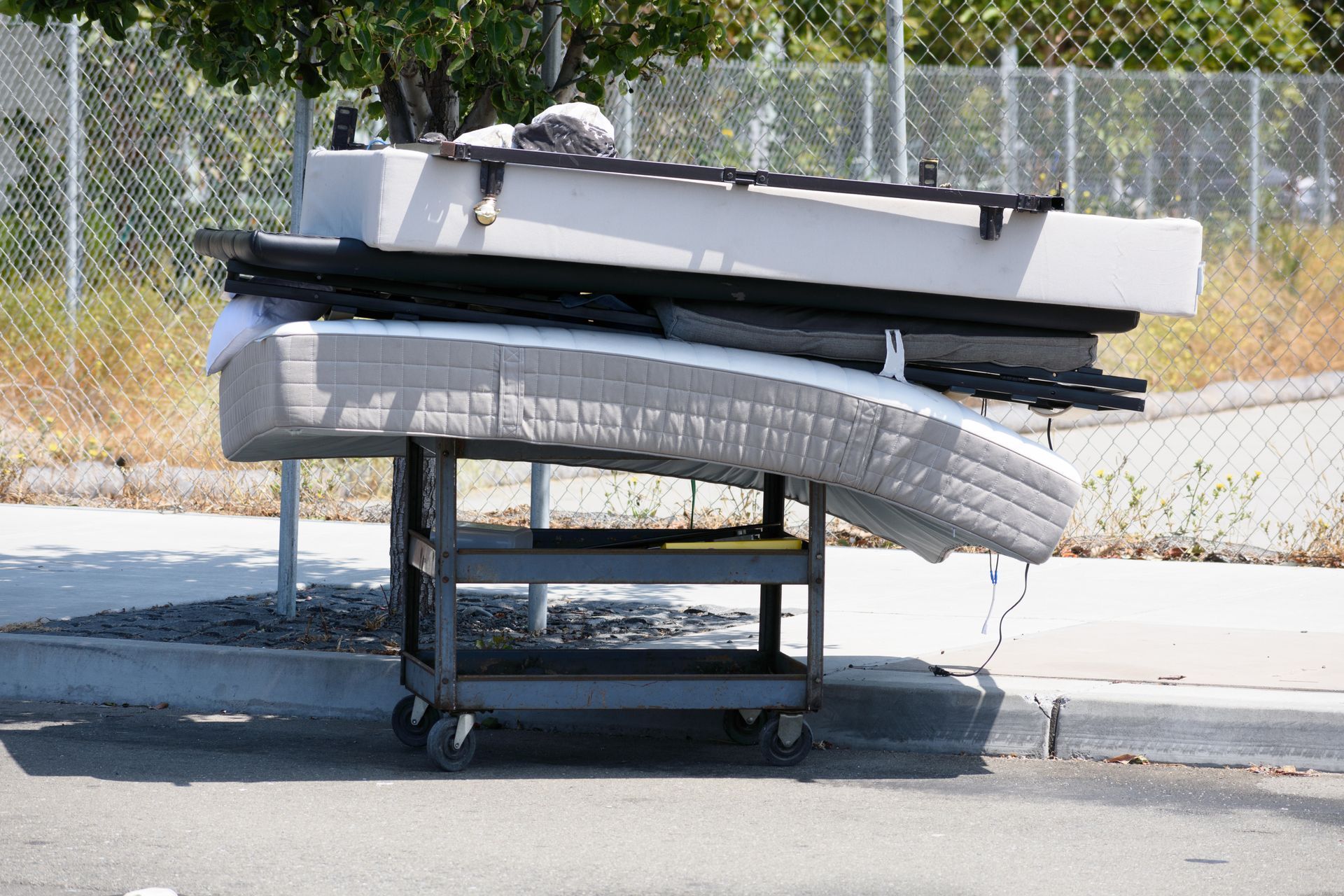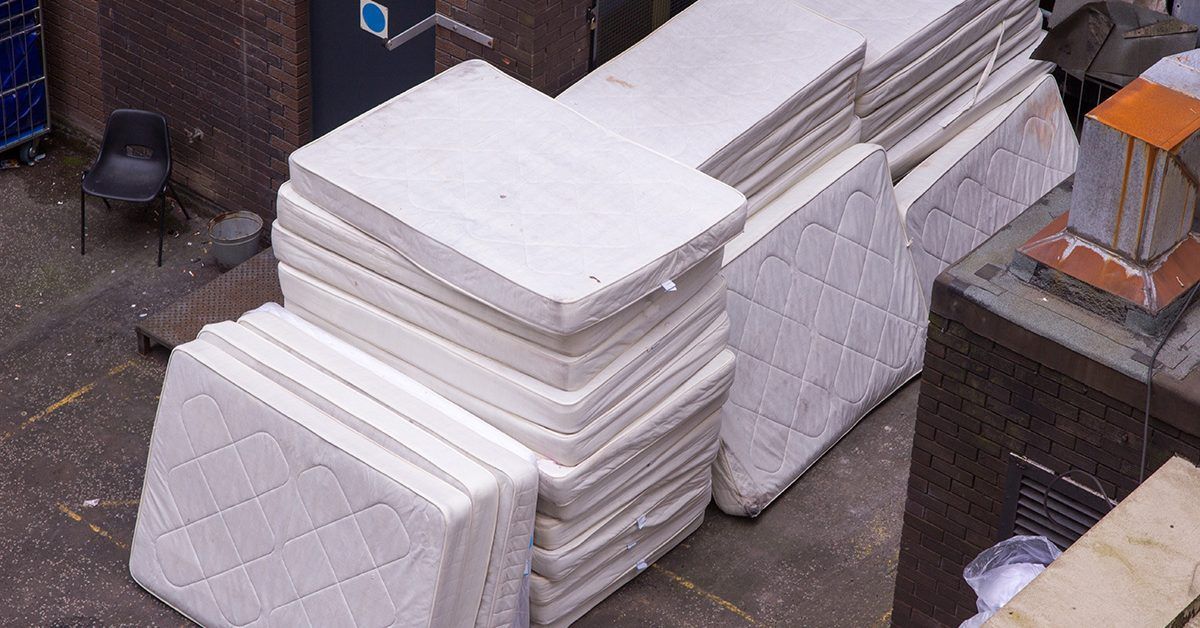Sustainable Practices for Hotels: Innovation and Efficiency
Sustainability has become an essential practice for businesses rather than just a trend. Global environmental changes are intensifying by the minute, and interest in sustainability has surged by 147.8% in the last five years.
Hotels, by nature, are resource-intensive operations—from lighting to water to energy and consumables. This is why they are uniquely positioned to make changes through sustainable practices.
Hotel guests are more aware of environmental issues and often make choices based on a hotel’s sustainability practices. In this context, let’s take a look at some of the actionable sustainable strategies hotels can adopt.

1. Energy management: Smart systems and renewable energy
As mentioned, hotels are resource-intensive. It operates 24/7 and requires a substantial amount of energy for lighting, heating, cooling, and powering multiple appliances. Energy expenses make up for approximately 3% to 6% of hotel operating costs ultimately leading to high energy consumption.
Implementing smart energy management systems can lead to huge reductions in power usage. According to the U.S. Environmental Protection Agency (EPA), hotels could reduce costs by up to
30% with better energy management.
This can be in the form of energy-efficient lighting (LED), placing occupancy sensors, optimizing HVAC systems, implementing better energy-aware housekeeping, and investing in renewable energy (such as solar panels.)
2. Water conservation: Fixtures and recycling systems
A single hotel room consumes around 100 to 400 gallons of water daily. This amounts to a thousand gallons per day for a single hotel. More efficient fixtures such as low-flow faucets, showers, and dual-flush toilets can dramatically reduce water usage up to 50%, according to The Green Hotels Association. Implementing greywater recycling systems can extend conservation efforts by reusing water for landscaping and flushing toilets.
Investing in smart water management can also help track data and patterns for hotel rooms such as real-time water consumption, leaks, and peak usage times.
3. Waste reduction
The hospitality industry produces approximately 289,700 tons of waste yearly. This includes food waste, plastic waste, and general operational waste.
Reducing waste in hotels will not only prevent environmental harm but also cut down on waste disposal costs. One solution for this is composting organic waste. Marriott International has executed a similar strategy and has reported a 17% reduction in waste volume.
4. Sustainable product sourcing
Sourcing locally supports local economies while also reducing carbon emissions associated with transportation. This initiative can capitalize on the growing demand for organic products.
According to the Farm to Table Movement, hotels with local foods see an
increase in guest satisfaction rates by up to 15%. This offers a good opportunity to reflect the local culture, flavors, and overall offering a unique culinary experience for guests.
5. Mattress recycling
One overlooked area of hotel sustainability is mattress recycling. The hospitality sector is the largest consumer of mattresses and in the United States alone, approximately 18.2 million mattresses are thrown away annually.
All of these mattresses traditionally end up in landfills, which all contribute significantly to landfill space, environmental pollution, resource waste, and carbon footprint.
The Mattress Recycling Council studied that recycling 10,000 mattresses can prevent the equivalent of 40 cubic yards of landfill space. Fortunately, mattresses are highly recyclable, if done properly. Mattresses should be dismantled to be able to recycle all of their parts (foam, springs, frames, etc). From here, you can have it recycled.
As a hotel, you can partner with a Mattress Pickup & Recycling Company like The Mattress Guy. You can simply just schedule a bulk pick-up service and they will do the rest.
6. Green Building Certifications: LEED and Green Key
Pursuing green building certifications like LEED (Leadership in Energy and Environmental Design) can enhance hotel marketability to eco-conscious consumers.
According to the Building and Construction Authority, hotels with LEED certification report nearly 30% lower energy usage compared to non-certified buildings. Similarly, certifications such as Green Key motivate operational improvements across various sustainability metrics, enhancing both environmental and guest satisfaction outcomes.
The Bottomline
There are multiple ways the hotel industry can take sustainable initiatives:
- Energy management through smart energy systems and renewable sources
- Water conservation by low-flow fixtures greywater recycling
- Waste management by composting organic waste
- Sustainable sourcing of local products
- Mattress recycling
All of these do not only reduce environmental impact but also increase marketability.
Ready to Make a Sustainable Change?
Partner with The Mattress Guy for your bulk hassle-free mattress recycling and take a step toward a greener future for your hotel. We handle everything from pick up to dismantling your old mattresses to sending them out for recycling. Ensure your mattresses are responsibly recycled, reducing landfill waste and supporting sustainable practices in the hospitality industry.
Contact us today and transform your mattress disposal process into an eco-friendly solution.










